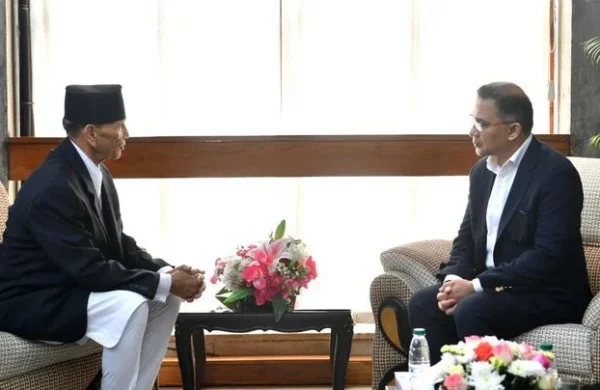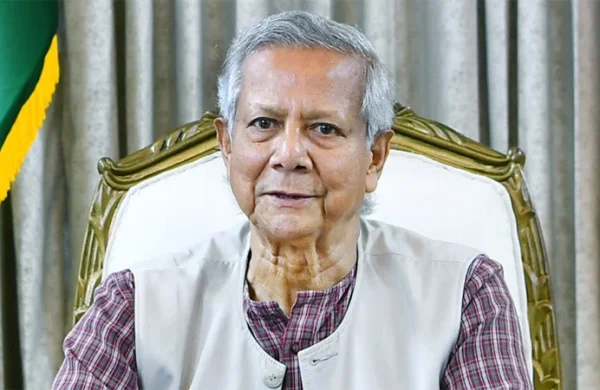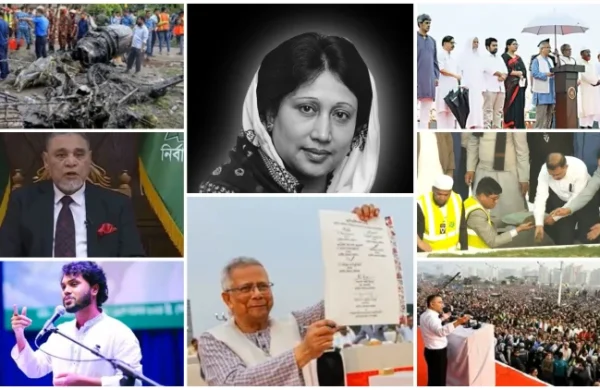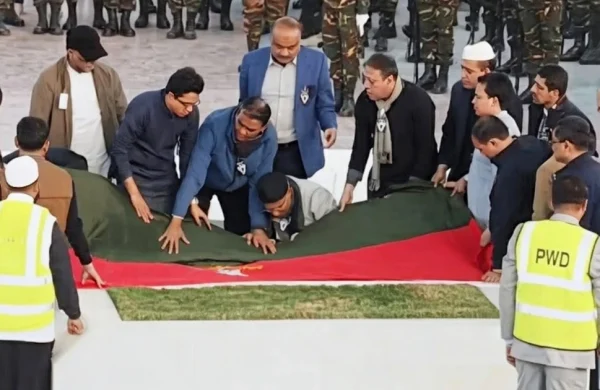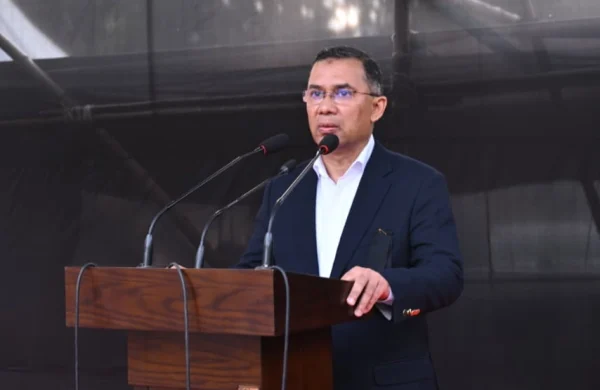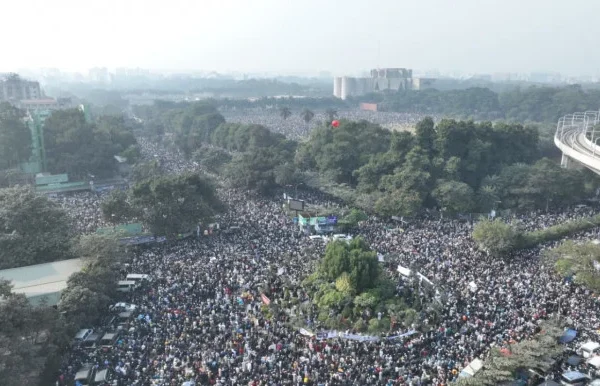Experts for exchanging climate-smart agriculture practices in South Asia
- Update Time : Saturday, November 16, 2024
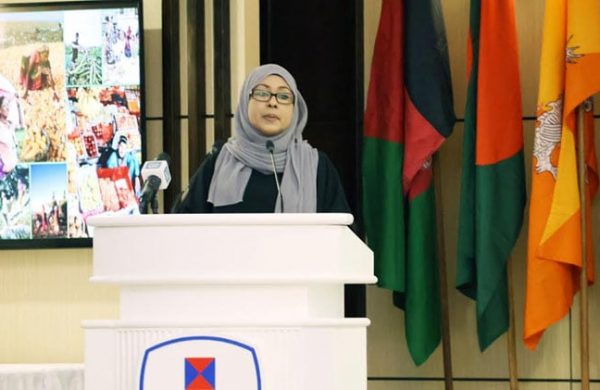
BSS
Agriculture experts have stressed the need for sharing evidence-based agriculture learning and practices in South Asian nations to empower smallholder farmers, who are on the frontlines of climate change.
The evidence-based agriculture learning and practices should be exchanged among the farmers in South Asian countries as they are the most vulnerable to climate change impacts, the experts told a high level policy meet.
The two-day ‘High-Level Policy Forum on South Asia’s Agricultural Future: Scaling Up Climate-Smart Agriculture Practices for Sustainable Growth’ was held from November 14 to 15 in the Maldives.
The event was organised by the Consortium for Scaling-up Climate-Smart Agriculture in South Asia (C-SUCSeS), a joint initiative between the SAARC Agriculture Centre (SAC), International Food Policy Research Institute (IFPRI), the International Fund for Agricultural Development (IFAD) and SAARC Development Fund (SDF), in partnership with the Ministry of Agriculture and Animal Welfare, Republic of Maldives.
The event brought together researchers, technical experts, agriculture and extension officers, policymakers and farmers from SAARC member states, including Bangladesh, Bhutan, India, Maldives, Nepal, Pakistan and Sri Lanka.
The forum’s key objective was to support the scaling up Climate-Smart Agriculture (CSA) technologies to ensure sustainable agricultural growth and food security across the region.
In an effort to promote the uptake of CSA practices, the C-SUCSeS project introduced comprehensive training modules, video modules, and materials on ten key CSA technologies, as part of the project activities. These resources were developed with inputs from national focal points and regional experts from across the region and were validated by stakeholders during a workshop hosted by the SAC, IFPRI, and the Bangladesh Agricultural Research Council (BARC) earlier this year.
The training modules, including farmer’s guides and facilitator manuals, were officially launched by Dr Aishath Rameela, the Agriculture and Animal Welfare Minister of Maldives, during the event.
Dr Rameela graced the event as the chief guest for the inauguration ceremony.
In her address, Dr Rameela highlighted the importance of cross-country collaboration in addressing the climate impacts on agriculture.
“This high-level policy forum offers a unique platform to align our strategies and policies for the future of climate-smart agriculture across South Asia. By working together, we aim to build a resilient agricultural sector that adapts to changing climate, ensures food security, and creates economic opportunities for our people,” she said.
She further emphasised the need for shared learning and evidence-based practices to empower smallholder farmers, who are the most vulnerable to climate change impacts.
“By investing in resilient crop varieties, efficient water management practices, and sustainable soil management, we can foster a more productive and climate-resilient agricultural system,” Dr Rameela added.
Ahmed Hassan Didi, Minister of State for Agriculture and Animal Welfare of the Maldives, underscored the importance of fostering regional cooperation.
He attended as special guest in the event.”By encouraging policy alignment and fostering dialogue, we can build resilient agricultural ecosystems that support growth, food security, and sustainability,” he said.
Dr Shahidur Rashid, Director-South Asia, IFPRI, stated that South Asia is one of the most climate-vulnerable regions, and while resilience is critical, it has its limits.
“We need to work together to find solutions. Our research outputs must be rigorous, relevant, and timely to make a tangible difference,” he said.
Dr Harunur Rashid, Director of the SAARC Agriculture Centre, highlighted the need for a paradigm shift in agricultural programming.
“There is a pressing need to develop sustainable agricultural practices that address farmers’ needs, market access issues, and promote regional cooperation,” he noted, stressing that numerous CSA technologies have been tested and prioritised across the region.
Abdelkarim Sma, Lead Regional Economist – Asia and the Pacific Region, IFAD, echoed these sentiments, noting that CSA is now a necessity, not an option.
“The C-SUCSeS consortium aims to move beyond small-scale interventions to large-scale solutions that can be deployed effectively across the region,” he said.
The event brought attention to the crucial role of cross-sectoral collaboration between governments, research institutions, and the private sector. A central theme discussed was the need to empower smallholder farmers, particularly women, by promoting the uptake of CSA technologies to mitigate food insecurity and poverty.
The policy forum covered key topics such as: creating a conducive policy environment for scaling up CSA in South Asia; future directions for transforming agriculture in the region; the role of emerging technologies and big data in advancing CSA and innovation hubs and agri-tech startups.
Other key delegates attending the event included Hussain Faisal, Director General, Department of Agriculture, Ministry of Agriculture and Animal Welfare, Maldives; Dr VK Singh, Director, Indian Council of Agricultural Research-Central Research Institute for Dryland Agriculture (ICAR-CRIDA) and the Chairperson of the C-SUCSeS Project Steering Committee; and Ali Amir, Chairperson of SAARC Agriculture Centre’s Governing Body.


